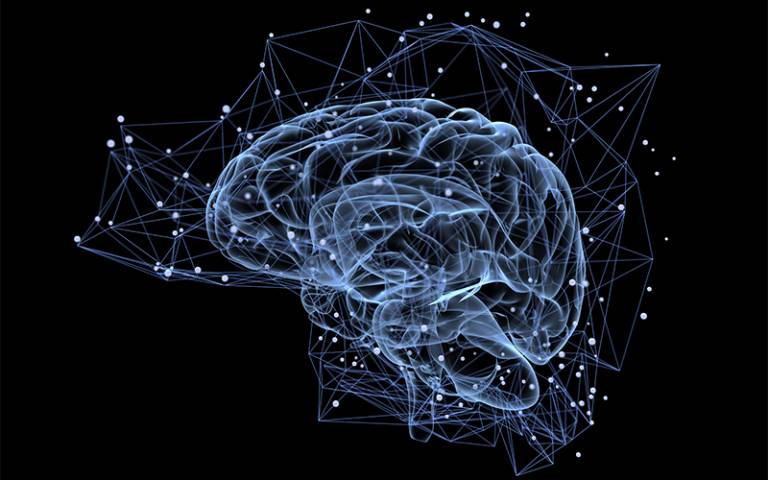The Stigma of Depression in Men
Depression In Men
Men and women may suffer from depression, but their symptoms can differ. For example, because men who are depressed may appear angry or aggressive rather than sad, their families, friends, and even their physicians may not always recognize anger or aggression as symptoms of depression.
Additionally, men are less prone than women to acknowledge, talk about, and seek therapy or treatment for depression. However, depression affects a large number of men.
Depression
Everybody feels sad or irritable and has trouble sleeping from time to time. But these feelings and problems generally disappear within a couple of days. Depression is a usual but significant mood disorder that can produce severe symptoms.
Depression affects your capacity to think, feel, and handle daily activities. When a man experiences symptoms for at least two weeks, the physician may diagnose him with depression.
Depression can strike any male individual at all ages, and with the correct treatment, most men with depression can improve and regain their interest in work, family, and hobbies.

SYMPTOMS AND SIGNS OF DEPRESSION IN MEN
Not all men who suffer from depression experience all symptoms; some may experience only a few while others may experience many. Some common symptoms of depression include:
- Anger, irritability, or aggressiveness.
- Feeling restless, anxious, or on edge.
- Loss of interest in work, family, or once-enjoyable activities.
- Issues with sexual desire and performance.
- Feeling empty, sad, flat, or hopeless.
- Not being capable of concentrating or remembering details.
- Feeling very tired, sleeping too much, or unable to sleep.
- Not wanting to eat at all or overeating.
- Suicide attempts or thoughts of suicide.
- Physical pains, headaches, digestive problems, or cramps.
- Inability to meet the responsibilities at work, family care, or other essential activities.
- Engaging in high-risk activities.
- Consumption of drugs or excessive drinking of alcohol.
- Withdrawal from family and friends or isolate oneself.

CAUSES OF DEPRESSION IN MEN
Current research suggests that a combination of risk factors is what causes depression, which includes:
– Genetic factors: men with a family history of depression may be more susceptible to developing it than those whose relatives do not suffer from the disease.
– Environmental stress: financial problems, loss of a loved one, a complicated relationship, significant life changes, work issues, or any stressful situation may trigger depression in some men.
– Illness: depression can happen with other serious medical illnesses, for example, diabetes, cancer, heart disease, or Parkinson’s disease. Depression can aggravate these ailments and vice versa. In addition, sometimes, medications for these illnesses can produce side effects that unleash or worsen depression.
DEPRESSION AND MENTAL HEALTH STIGMA IN BOYS AND MEN
Regrettably, stigma, prejudice, and discrimination against people with depression and mental illnesses are widespread. Stigma often stems from a lack of awareness or fear. We encounter stigmas in professional, social, and cultural settings and even within ourselves. The different types of stigmas are:
– PROFESSIONAL STIGMA: refers to the stigma that medical providers may impose on their patients, leading to underdiagnosis or lack of needed care for specific individuals.
– SOCIAL STIGMA: creates perceptions that make people with depression and mental illness appear weak or crazy.
– CULTURAL STIGMA: each culture differs in looking at depression. For example, in the black community, depression is often viewed as a weakness and is untreated and hidden; this attitude comes from historical misconceptions and a distrust of the medical industry. Other cultures may not recognize it and believe it is only physical.
– INNER SELF STIGMA: when a man feels ashamed or embarrassed about his mental health. This situation may leave men in denial, ignoring their symptoms or signs of problems.

Generally, our society positions men as strong, privileged, and the provider, so having a perceived disadvantage as a mental illness, such as depression, makes them appear weak or unmanly. These stigmas and toxic masculinity create a space where people are afraid to talk about their health or accept their diagnoses.
Something needs to happen to reduce the barriers created by stigmas and be able to change societal attitudes about mental health conditions.
Although the challenges to making a change are meaningful, we can make progress by educating people about depression and its actual impact, reshaping perceptions of masculinity, providing more in-depth training for healthcare professionals, and broadening the group of mental health providers.
By minimizing the stigmas around depression in men, we may see more male individuals seek treatment and ultimately handle their symptoms to live fuller lives.
